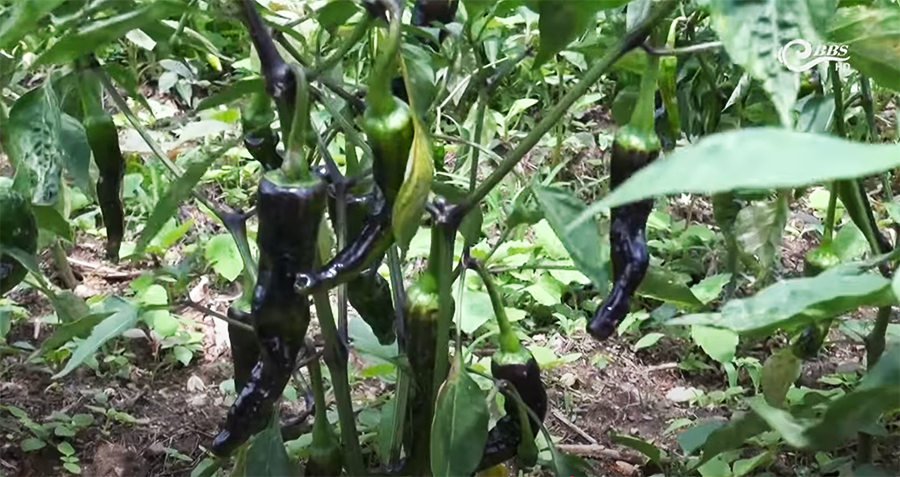 To address long-standing issues of crop damage by wild animals, Ramjar Gewog in Trashi Yangtse is installing chain-link fencing across its farmland. Once complete, the project is expected to benefit over 300 households, covering almost the entire Gewog. Ramjar is one of the district’s top vegetable-producing Gewogs.
To address long-standing issues of crop damage by wild animals, Ramjar Gewog in Trashi Yangtse is installing chain-link fencing across its farmland. Once complete, the project is expected to benefit over 300 households, covering almost the entire Gewog. Ramjar is one of the district’s top vegetable-producing Gewogs.
 In addition to crops like maize, paddy, and quinoa, farmers grow a variety of vegetables such as green chillies, cabbage, broccoli, beans, ginger, and potatoes on a rotational basis throughout the year.
In addition to crops like maize, paddy, and quinoa, farmers grow a variety of vegetables such as green chillies, cabbage, broccoli, beans, ginger, and potatoes on a rotational basis throughout the year.
 Farmers have been using green nets, wooden logs, zinc sheets, and even electric fencing to protect their crops from animals. However, these measures have not been fully effective.
Farmers have been using green nets, wooden logs, zinc sheets, and even electric fencing to protect their crops from animals. However, these measures have not been fully effective.
 Now, with the ongoing construction of chain-link fencing, farmers are hopeful that they can harvest their crops without any loss.
Now, with the ongoing construction of chain-link fencing, farmers are hopeful that they can harvest their crops without any loss.
Ugyen Tshewang, a farmer said “We work in the scorching sun and heavy rain, and after all that hardship, wild animals damage our crops just before harvest. It is like we have to share our harvest with them. Similarly, the income also drops from one hundred thousand ngultrum to around fifty thousand ngultrum. I think we will benefit from this chain-link fencing.”
Likewise, Sonam Phuntsho said “I think this fencing will protect our crops from wild boars. Thanks to the government for this support. Right now, works have not yet been completed.”
Tenzin from Ramjar Gewog said “Mostly wild boars and deer used to destroy our maize. We had to stay up at night and even guard the fields during the day. Now that the government has provided us with fencing, I do not think we will suffer like before. I am very grateful for this support.”
 Once complete, the fence will be 9.5 kilometres long, protecting nearly 500 acres of farmland.
Once complete, the fence will be 9.5 kilometres long, protecting nearly 500 acres of farmland.
The government provided the fence costing Nu 12.2 M while farmers are contributing labour.
The installation of the fencing is expected to be completed by the end of this month.
So, with the fencing nearing completion, farmers are looking forward to farming without fear of wild animal intrusions.
Sonam Darjay, Trashi Yangtse
Edited by Tshering Zam







